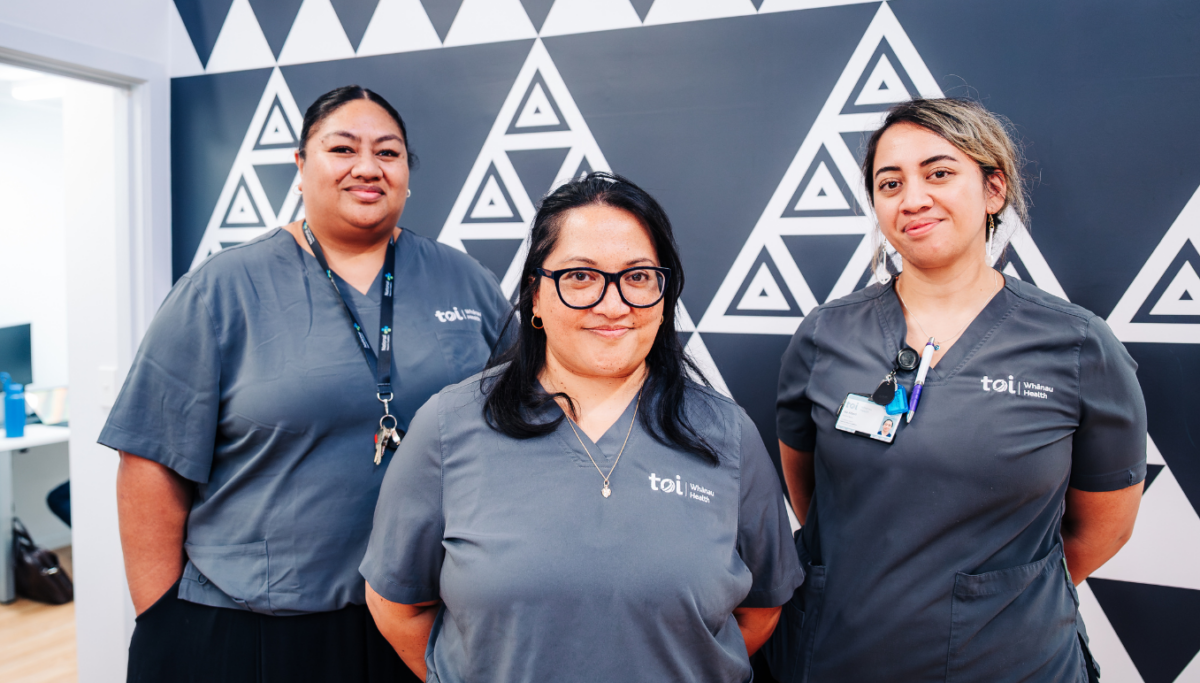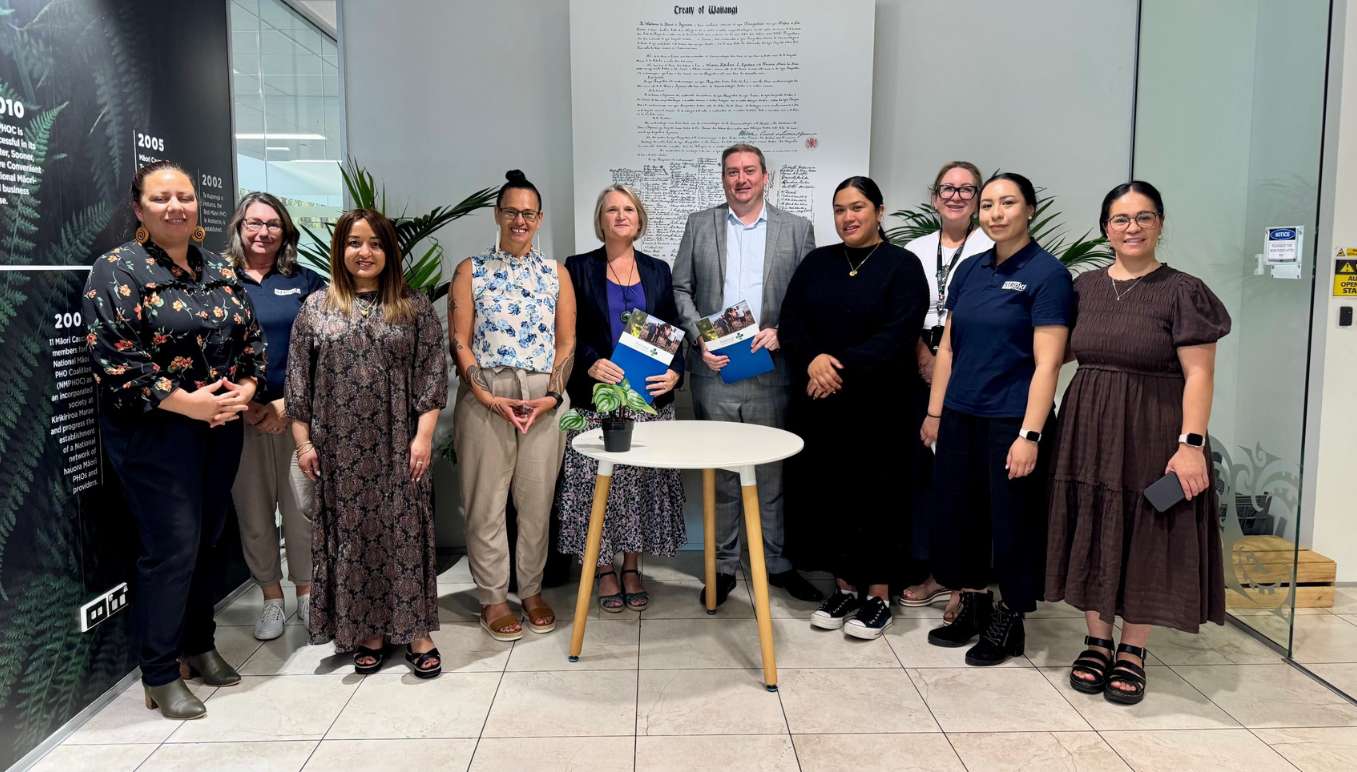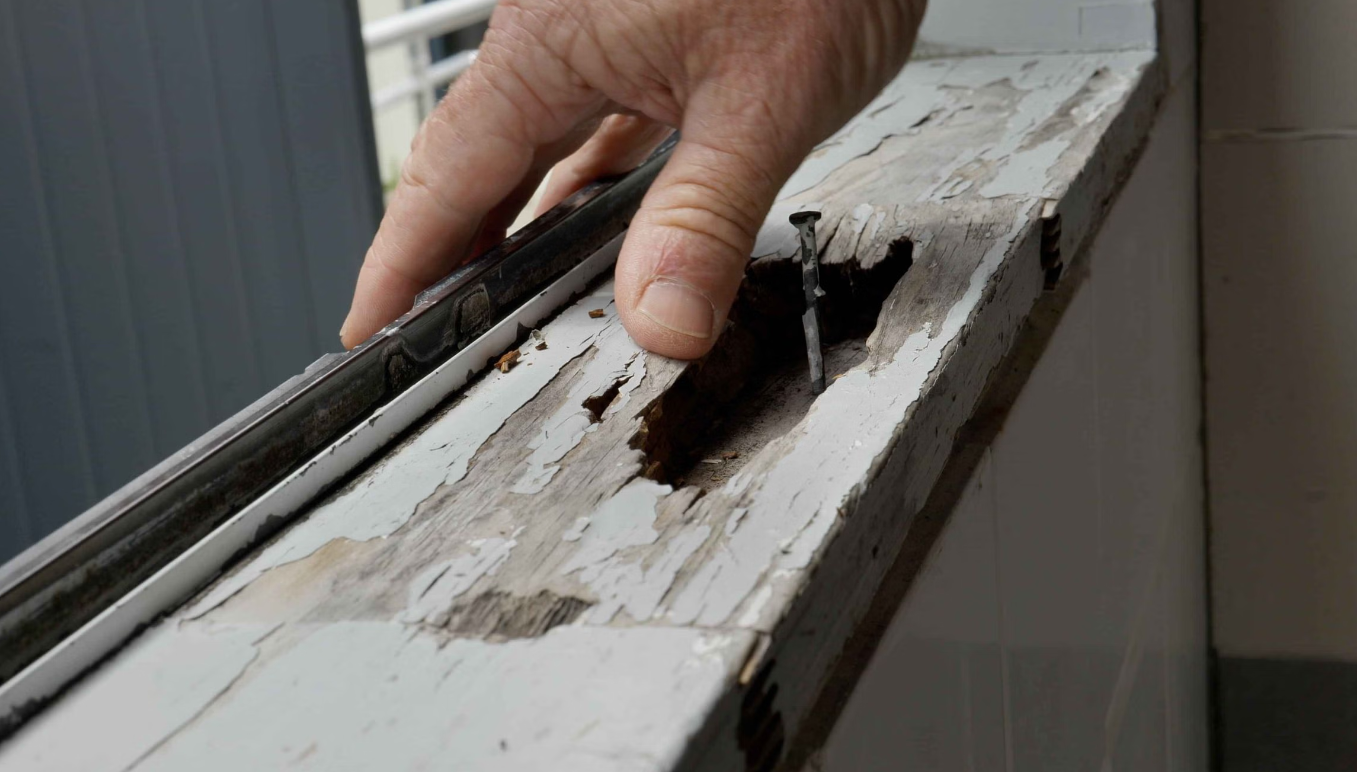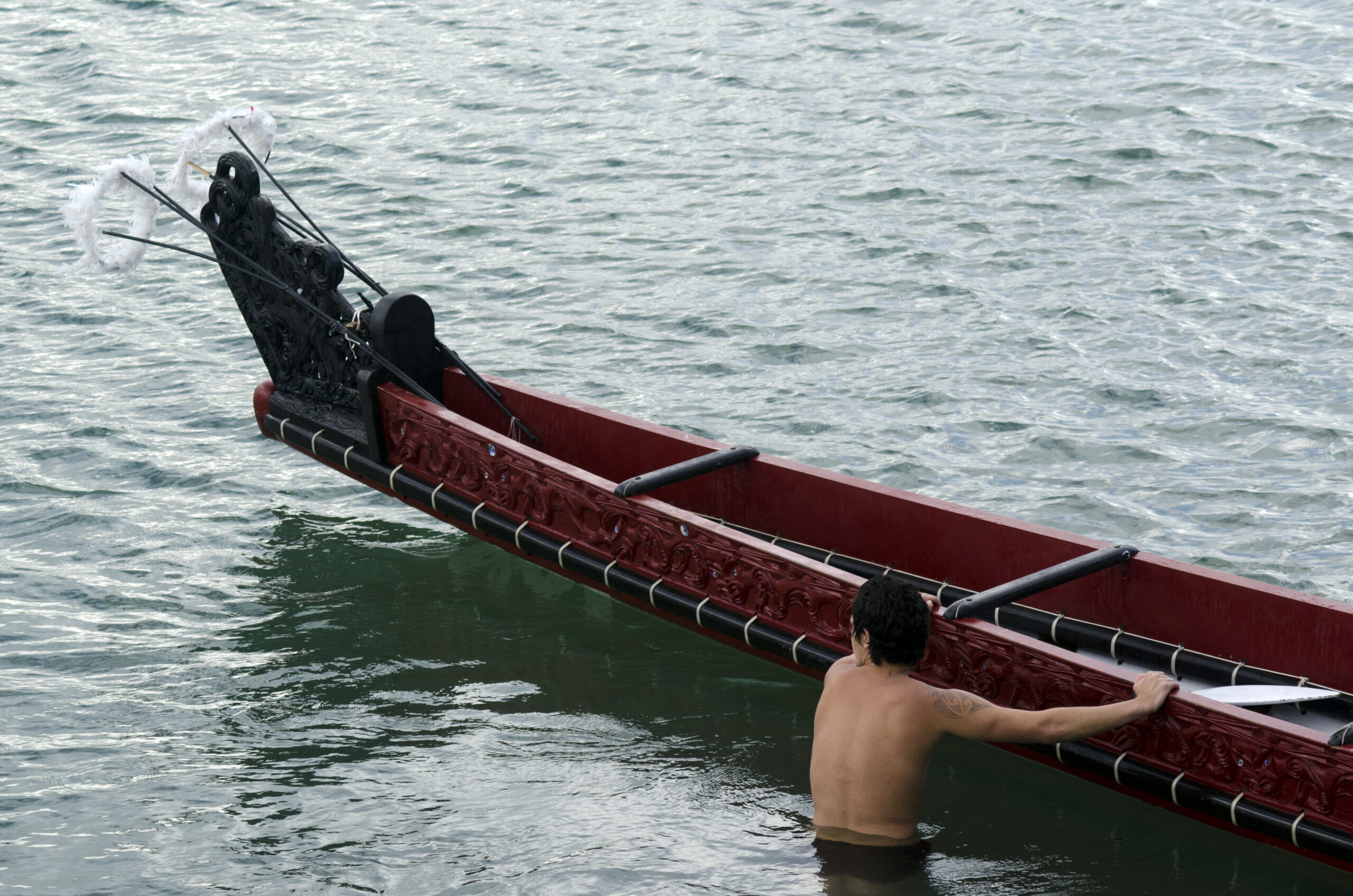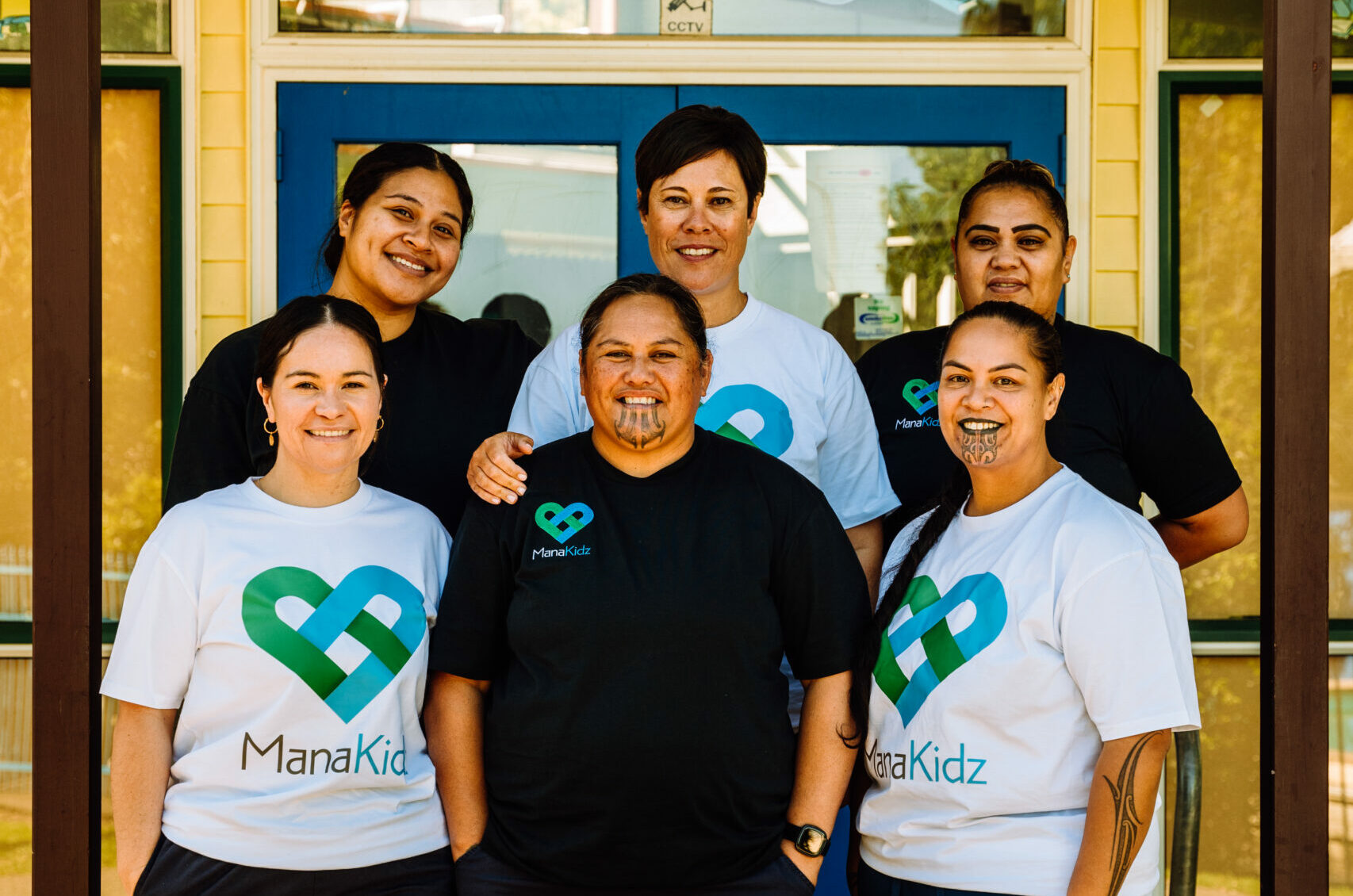PRESS RELEASE 20/10/2021
National Hauora Coalition welcomes Waitangi Tribunal’s clear direction for primary health care
The Waitangi Tribunal’s final recommendations of its Kaupapa Inquiry into Māori primary health care make clear the time for tangible action – now.
“The Tribunal’s 2019 Hauora report has already been influential across the health and disability system, fundamentally changing the way our sector talks about the principles of te Tiriti o Waitangi,” says Simon Royal, National Hauora Coalition (NHC) Chief Executive and Waitangi Tribunal Claimant.
In the 2019 report three interim recommendations were set out which called for structural reform of the primary health care system and more work to quantify the underfunding of Māori health services since 2000. Yesterday’s release replaces these with a set of final recommendations for the Crown to meet its te Tiriti o Waitangi obligations.
As Mr Royal commented, “the final recommendations are significant. The Tribunal is direct on the need for a Māori Health Authority to “uphold and empower” tino rangatiratanga.”
“We’ve seen how powerful it is when Māori are at the forefront of health needs for their own people, demonstrated most recently during the COVID-19 pandemic, but also through leadership in other areas such as cancer and diabetes.”
“The Crown has made some encouraging steps forward with the establishment of the Māori Health Authority,” he continued. “However, as the Tribunal says, the devil is in the details. To date, the Government is holding the details around a Māori health authority tightly.”
“The Tribunal has set out a path for the Crown to work with us on the operational detail – including the Authority’s core functions and budgets. We stand ready to do our part. We have the data, research, working knowledge and workable solutions.”
“To the Crown we say: haere mai te teepu.”
The issue of underfunding is prominent in the Tribunal’s report, which acknowledges that the claimants’ independent research into underfunding is a good start. A report completed by Sapere in August this year showed underfunding to Māori providers since the year 2000 is in the vicinity of $500 million. It found that, if funding had been delivered in the way set out in the 2001 Primary Health Care Strategy, it would need to be increased by around $1 billion per year.
On this, Mr Royal added, “we welcome a discussion with Ministers and Crown officials on the Tribunal’s recommendations on compensation and finalising the underfunding methodology. This is a necessary step to ensuring whānau Māori have sustainable Kaupapa Māori services that meet their needs in the ways that work for them. Afterall that benefits the whole country.”
[ENDS]
Background
The NHC claim (Wai 2687) was included as one of three claims considered by the Waitangi Tribunal in Stage One of its Kaupapa Inquiry into Health Services and Outcomes.
Central to the NHC claim was the fact that the Government’s 2001 Primary Health Care Strategy had not been designed with enough Māori input and that its implementation did not align with te Tiriti o Waitangi obligations.
The Waitangi Tribunal released its report on the claims in 2019, available here, finding a number of breaches of the principles of the Treaty of Waitangi in relation to primary health care and made three interim recommendations. The first two recommendations were timebound:
| Interim recommendation one: | The Crown and representatives of the Wai 1315 and Wai 2687 claimants design a draft term of reference to explore the possibility of a stand-alone Māori health authority. |
| Interim recommendation two: |
Crown and representatives of the Wai 1315 and Wai 2687 claimants agree upon a methodology for the assessment of the extent of underfunding of Māori primary health organisations and providers. |
The Tribunal’s third recommendation, which was not timebound, was that the review of current partnership settings in the health and disability system should be co-designed with Māori health experts including the claimants.
For further information please contact:
Penny Elliot
+64 27 3277 644
pennye@20.211.111.174



